In the last year, the African Centre of Excellence for Genomics of Infectious Diseases (ACEGID) has trained over 100 African scientists from more than 30 countries in next-generation sequencing of SARS-CoV-2 (the virus that causes Covid-19) and other pathogens. This is part of the centre’s effort at building genomics capacity across Africa.
The workshops held in-country, at ACEGID, Redeemer’s University, Ede, Nigeria, and at partner institutions in Cote D’Ivoire, Rwanda, Cameroon and Seychelles. The participants were staff of public health institutions drawn from countries such as Tunisia, Benin republic, Togo, Liberia, Guinea, Djibouti, and other African countries. Participants receive hands-on sequencing and bioinformatics training facilitated by ACEGID’s pool of young doctoral and research fellows. These scientists are passionate about sharing their expertise with others.
ACEGID was founded in 2014 with initial funding from the World Bank, as one of the centres of excellence aimed at developing relevant human capacity to address Africa’s challenges through research and innovation. The centre continues to drive innovation in using genomics for surveillance, characterization and diagnosis of infectious diseases as well as for vaccine and drug development. The centre’s education and research missions fuse into a robust capacity building system targeted at young African scientists.
ACEGID’s Director, Prof Christian Happi, discussed the rationale for the centre’s drive for capacity building on the continent. “We know that Africa has lots of pathogens that have pandemic potential. I think it is natural for Africa to be in the vanguard. Building capacity will enable Africa to be at the forefront of genomic surveillance, pandemic pre-emption and response,” he said.
In view of the centre’s facilities and capacity, the Africa Centres for Disease Control and Prevention (Africa CDC) and the World Health Organization (Africa Region) made ACEGID a reference laboratory in 2020. This came with a mandate to lead Africa’s sequencing effort for SARS-CoV-2 and other disease-causing agents, as well as train African scientists.
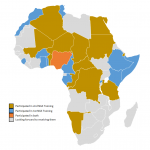
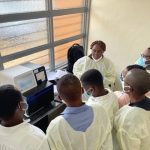
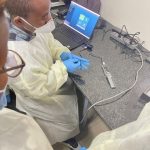
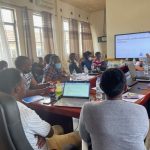
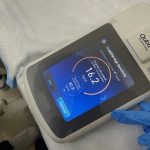
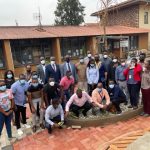
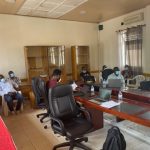
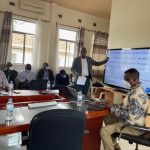
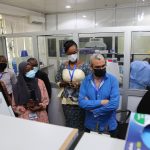
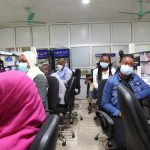
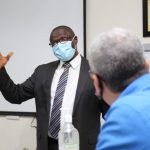
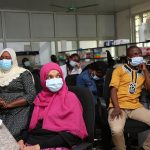
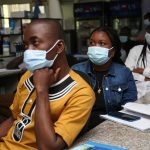
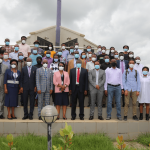
Scientists in public health institutions, who are responsible for their countries’ sequencing activities participated in the workshops. The participants expressed their thoughts about their experiences.
“Frankly speaking, I don’t have enough words to express my gratitude for what you did for us. You took us from almost zero to a good level. Personally, I am very thankful and I wish to see you again,” said Jean Shimirwa, a participant in the training held at the Rwanda Biomedical Centre, Kigali, Rwanda.
Anissa Chouikha, Associate Professor at the Laboratory of Clinical Virology, Pasteur Institute of Tunis, said “This training is important to me because I am a virologist. It will help me monitor new variants and strains that are circulating in my country.”
In recognition of the training and research efforts, ACEGID was recently awarded the Al-Sumait Prize for African Development for its continental capacity building effort, among others.